The ruling coalition lost its majority in Parliament after at least 41 lawmakers walked out of the alliance, with former allies urging President Rajapaksa’s resignation
Although the government is now in a minority, there has been no clear signal that Opposition legislators will attempt a no-confidence motion to topple it immediately. However, Opposition parties have already rebuffed President Rajapaksa’s call to join a unity administration.
Finance Minister Ali Sabry resigned a day after his appointment and ahead of crucial talks scheduled with the International Monetary Fund for a loan programme.
The UN Human Rights Council said it was closely watching the deteriorating situation in Sri Lanka, which is already facing international censure over its human rights record.
The cash-strapped country has decided to temporarily shut its embassies in Norway and Iraq, as well as the country’s Consulate General in Sydney.
The International Monetary Fund (IMF) said that it is monitoring political and economic developments in Sri Lanka “very closely” as public unrest in the island nation grows amid its worst economic crisis in decades.
There have been mass agitations against the ruling Rajapaksa family for its mishandling of the economic situation triggered by the foreign exchange crisis and the balance of payment issues. Public anger is at a fever pitch in Sri Lanka, where since the weekend crowds have attempted to storm the homes of several government figures.
On Sunday night, all 26 ministers aside from President Rajapaksa and his elder brother Prime Minister Mahinda Rajapaksa stepped down.
The South Asian nation is facing severe shortages of food, fuel and other essentials — along with record inflation and crippling power cuts — in its most painful downturn since independence from Britain in 1948.
With inputs from NDTV
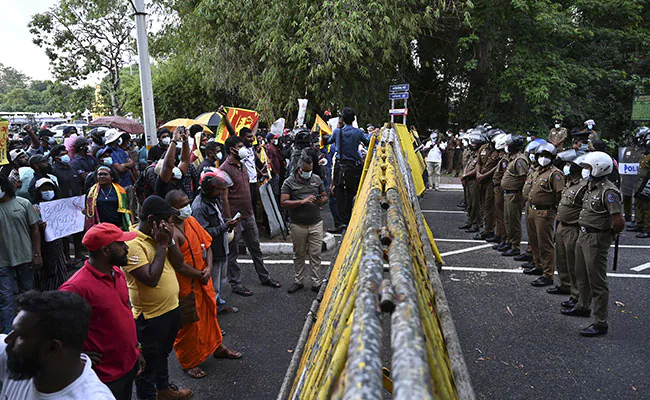
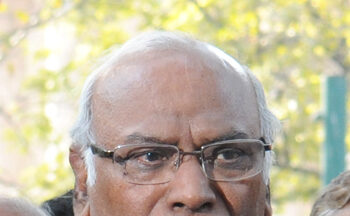
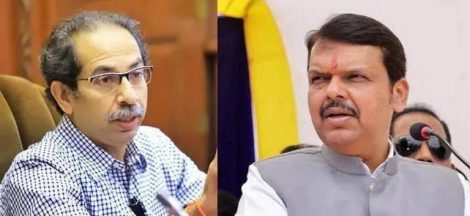
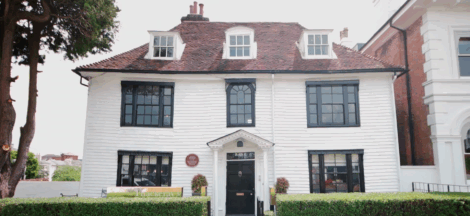
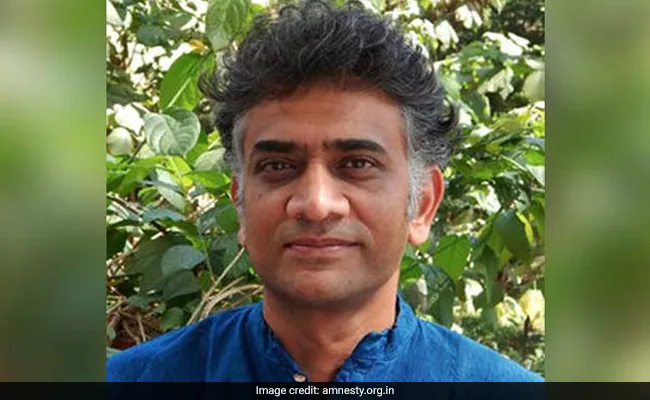 Ex-Amnesty India chief stopped at Bengaluru airport
Ex-Amnesty India chief stopped at Bengaluru airport 